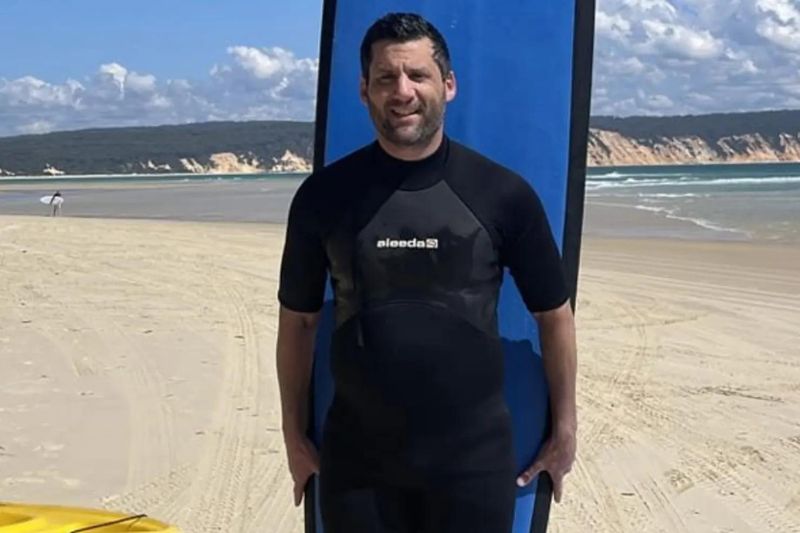Almost 40 years ago a Sydney Catholic priest asked one of his parishioners, a former missionary doctor, whether he would be willing to shelter a young homeless man for a few weeks.

The doctor, who in the past 12 years has become my closest friend, agreed. The young man’s parents, then approaching late middle age and both in frail health, made it clear they could not continue caring for their son because of his instability, his erratic behaviour and his excessive drinking.
A few weeks of temporary shelter became a few months; a few months became 38-plus years. The young man has recently turned 60. He stopped drinking decades ago but he is tormented by schizophrenia, bipolar and paranoia. He never leaves the house.
He is not, to use radio personality Ray Hadley’s words after the horrific events at Bondi Junction on Saturday April 13, a lunatic. And nor was Joel Cauchi. First and foremost, both are/were human beings.
My doctor mate is a saint but that’s a story for another day.
What happened when Joel Cauchi ran amok at Bondi Junction was horrendous. For most victims the impact will likely be life-long. For the parents of Joel Cauchi, devastated by their son’s incomprehensible actions, it is almost a death sentence.
An aside, but it is relevant: almost half a century ago my boyhood mate’s teenage brother was murdered after a hold-up. His killer was caught (by Roger Rogerson) and sentenced to jail. I will never forget the words of my mate’s mother: ‘I would rather be the mother of my dead son than the mother of the man who killed him.’
Very few people could or would do what my doctor mate has done for almost four decades. The man he continues to care for will always have mental health issues but he is no threat to anyone because of the care and concern and monitoring of medications that my mate has assumed.
Mental ill-health is no longer the stigma it used to be but it prevails and in many instances is worse now. Some factors are beyond control but not all. Illicit drug use, media violence, all forms of bullying, domestic and sexual violence, excessive alcohol consumption, neglect, inequality all contribute to the kind of mental instability that can lead to disaster.
It will never be possible to protect the community from a repetition of the horrors of April 13. But we can reduce the risk. To begin, we can reassess some of our collective and individual priorities, be more compassionate, less judgemental, more aware of those around us.
Sometimes it can be as simple as listening to, or striking up a conversation with, someone we would prefer not to.
Understandably, in the midst of our despair and sadness on Saturday evening many – perhaps most of us – were at the same time relieved to learn that it had not been a terrorist attack, that we could at some point resume our normal lives.
Most of us, especially with the good fortune of family, security, love and health, will move on. Many of the mentally ill are less fortunate.
The media makes constant references to six deaths on Saturday. There were seven. In his brokenness, and of necessity, Joel Cauchi became number seven.
Bill Farrelly is a retired Sydney Morning Herald journalist
Main image: Bondi Junction killer Joel Cauchi. (Facebook)